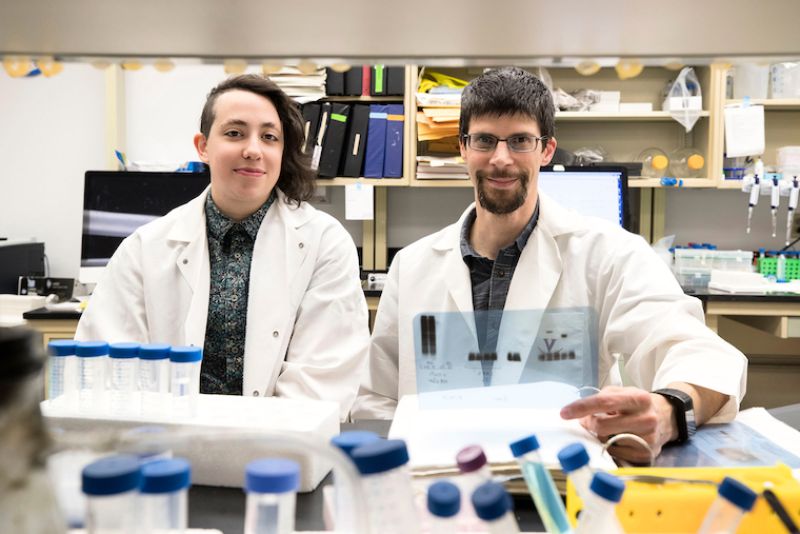
Researchers from the Washington University School of Medicine in St Louis, Missouri, US are conducting a clinical trial to evaluate an antidepressant drug fluvoxamine to potentially treat Covid-19.
The trial comes after researchers at the University of Virginia (UVA) School of Medicine found that the drug may prevent overreactions by the immune system called cytokine storms, which could result in life-threatening organ failure.

Discover B2B Marketing That Performs
Combine business intelligence and editorial excellence to reach engaged professionals across 36 leading media platforms.
Last year, the UVA researchers discovered that fluvoxamine may prevent sepsis, a deadly inflammatory disease characterised by overactive immune response. The drug was observed to decrease the generation of cytokines.
The drug showed effectiveness as a preventive sepsis therapy when tested in mice, according the researchers.
UVA neuroscience department researcher Alban Gaultier said: “If proven effective in decreasing the symptoms of Covid-19, this treatment would be a safe and affordable option for fighting the pandemic.
“Further, this approach could also be applied to other inflammatory conditions driven by cytokine storms, such as sepsis.”

US Tariffs are shifting - will you react or anticipate?
Don’t let policy changes catch you off guard. Stay proactive with real-time data and expert analysis.
By GlobalDataThe Covid-19 trial by the Washington University School of Medicine in St Louis will enrol 152 patients in Illinois and Missouri. Participants will be given fluvoxamine or a placebo during at-home quarantine.
Patients will also be supplied with thermometers, fingertip oxygen sensors, and automatic blood pressure monitors to self-report vital signs to the research team daily via phone calls or online.
Washington University researcher Eric Lenze said: “Using a psychiatric drug to treat Covid-19 may sound counterintuitive, but it’s no more counterintuitive than using a malaria drug.
“This drug has been around for decades, so we know how to use it safely. If effective, it could be an ideal drug to repurpose for outpatients with Covid.”
Even if the drug is ineffective against Covid-19, researchers expect participants to benefit from close supervision by doctors.





